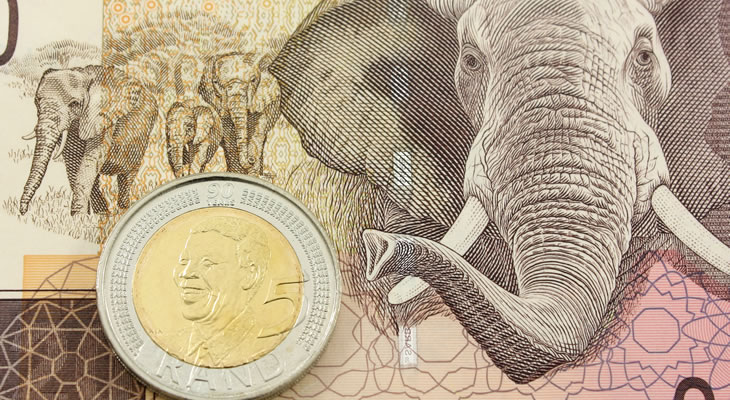Softening SA Business Confidence Offers Pound South African Rand (GBP/ZAR) Exchange Rate Support
A weaker-than-expected SACCI business confidence index helped to limit the downside potential of the Pound Sterling to South African Rand (GBP/ZAR) exchange rate.
As the index dipped from 92.7 to 89.9 on the month this underlined existing market worries over the outlook of the South African economy.
With business confidence still in decline the risk of a deeper economic recession continued to rise, dragging on the South African Rand (ZAR).
Even so, a general sense of investor risk appetite still helped to keep the GBP/ZAR exchange rate under pressure.
Although reports still pointed towards Boris Johnson’s condition remaining stable this was not enough to offer Pound Sterling (GBP) any significant support.
Underwhelming UK Gross Domestic Product Report May Drive Pound Lower
The mood towards the Pound could sour further on Thursday if February’s monthly UK gross domestic product report fails to impress.
While forecasts suggest a modest monthly growth uptick of 0.1%, following on from January’s stagnation, this may not offer GBP exchange rates any real support.
With March still looking set to see a major deterioration in growth momentum anything short of a major upside surprise here is unlikely to alter the odds of an imminent recession.
February’s industrial and manufacturing production data could also put a dampener on the Pound if output shows a fresh deterioration.
Any evidence that the UK economy was already slowing before the Covid-19 lockdown came into place would give investors fresh incentive to sell out of GBP exchange rates.
A narrowed UK trade surplus may also limit the potential for GBP/ZAR exchange rate gains ahead of the Easter bank holiday.
South African Rand Strength Contingent on Persistent Market Risk Appetite
As long as market sentiment remains bullish this could keep the South African Rand from shedding any major ground in the near term.
However, as the global economic outlook remains decidedly negative thanks to the impact of the Covid-19 pandemic ZAR exchange rates still look vulnerable to renewed selling pressure.
Fresh signs of weakness from the US economy could cast a shadow over risk-sensitive assets such as the Rand, with a US slowdown likely to dramatically impact global trade.
Friday’s Chinese consumer price index data may also limit the appeal of the Rand, as investors continue to look for signs that the world’s second largest economy is rebounding from its shutdown.
Unless markets see reason to bet that the global economy will return to a stronger footing sooner rather than later fears over South Africa’s future look set to keep ZAR exchange rates in check.
Without the support of stronger global trade South Africa appears on course to suffer further economic damage, offering the GBP/ZAR exchange rate a potential leg up.


Comments are closed.